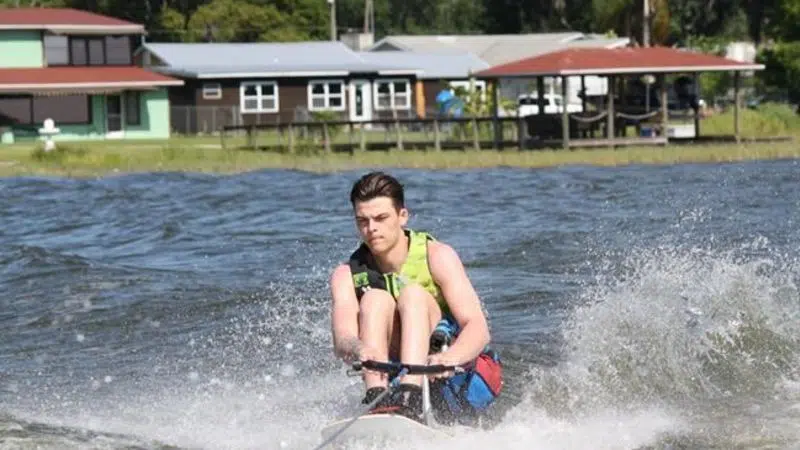
‘It’s just the freedom:’ Paralyzed Broncos player pursuing life on the water
SASKATOON — A minor injury cost former Humboldt Broncos hockey player Jacob Wassermann an opportunity to compete at last month’s adaptive water-ski world championship in Norway.
But he says that just getting to be part of the Canadian team has whetted his appetite for the sport and increased his determination to attend the next championship in Australia in a couple of years.
Wassermann was invited to complete as a prospect in Skarnes, Norway, but is planning a different way in next time.
“I’m going there as an athlete. I want to go as a full part of the team,” Wassermann told The Canadian Press in an interview from his home in Saskatoon.
